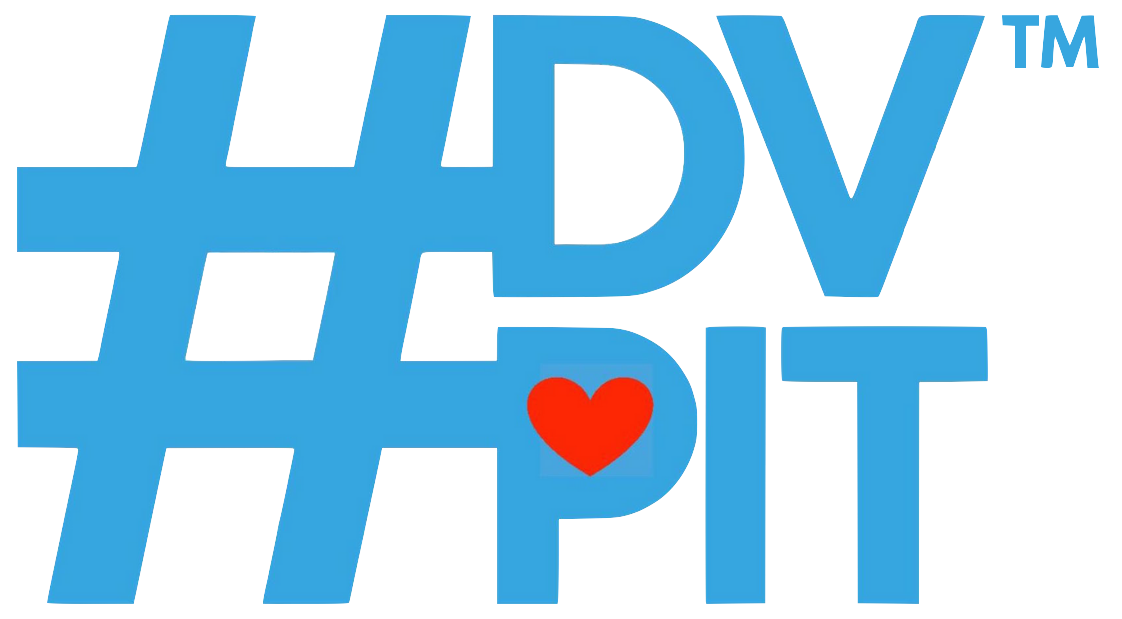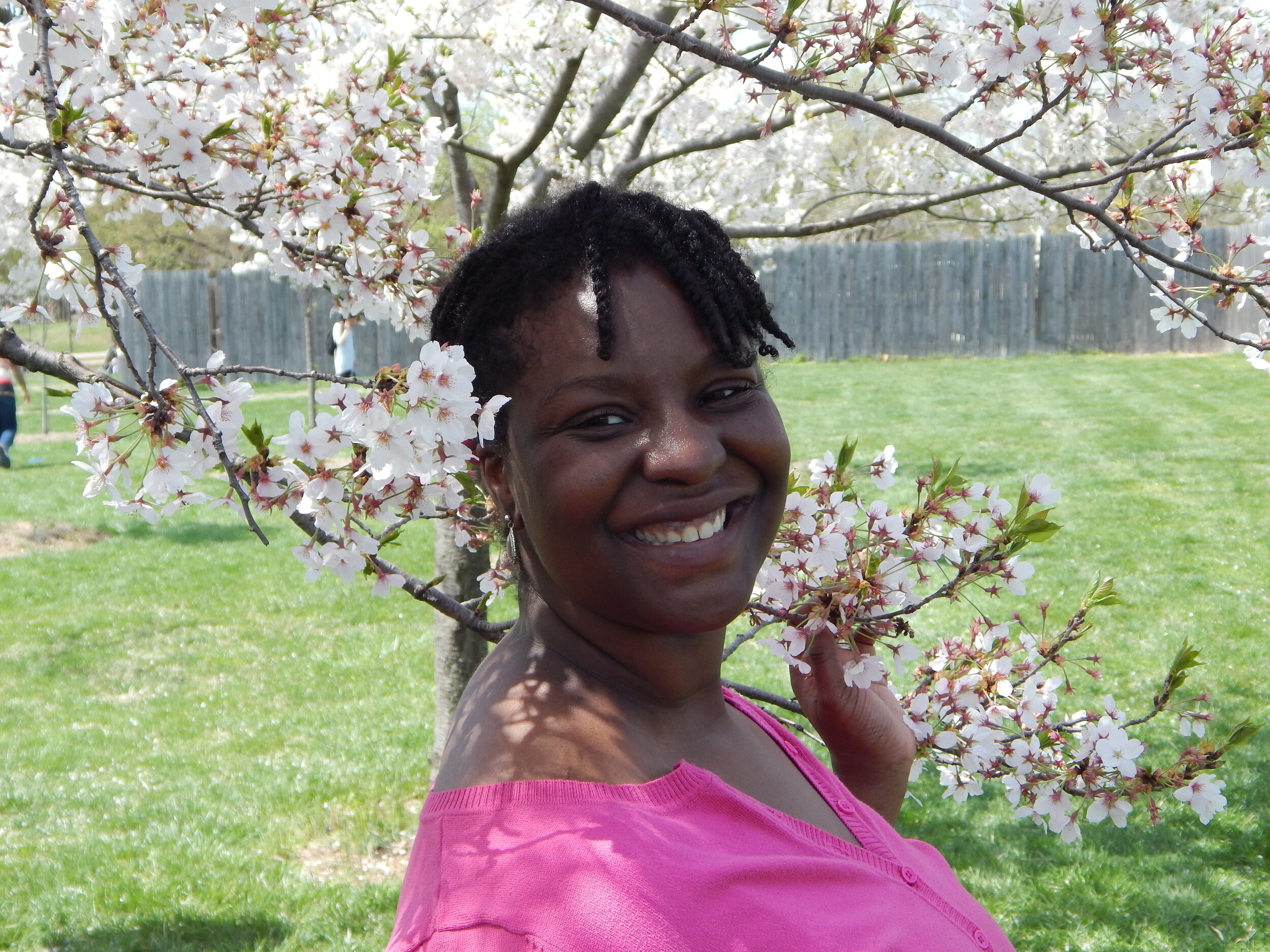Originally posted: March 14, 2017
Salima and Michelle, thanks so much for agreeing to this interview and congratulations on your partnership! To start, Salima, I’d love to know more about your book and why you wrote it.
Salima: Well, back in 2006, I was part of a small writing group in DC. Most of the time we’d just critique each other’s ongoing projects but one month we had homework: to rewrite a scene from a famous novel. I immediately thought of the proposal scene from Pride and Prejudice. At that time, I was a year removed from undergrad so the peculiar social mores of a college campus were fresh in my mind. Thus inspired, I set my scene as a tense dorm room confrontation between EJ, a hardworking African-American RA, and Will, the arrogant Asian-American head of the school’s a cappella group.
When I developed the scene into a novel, the biggest change was with Will; he’s now a Hollywood actor finishing his degree on campus. Crucially, I maintained the setting: a contemporary New England liberal arts college. I thought this setting provided the village feel and rigid social calendar of the English countryside during the regency period. The ethnicities of romantic leads were very important to me because at that time, you almost never saw black female or Asian male romantic leads—in any medium. Unfortunately, the needle’s only moved a little for black women and not at all for Asian men.
I had several goals for the novel. First, I knew I wanted to tell a wholly modern story and that meant going beyond a marriage plot. Instead, I wanted my protagonists to figure out what they want from life and decide to go after it; that’s why the book takes place during their senior years of college. Second, I wanted all my characters to be whole people with specific concerns. For example: Jamie, my Jane character, is a transwoman negotiating life after transition. Finally, I wanted to tell a story that featured multiple kinds of diversity but I didn't want the traits that distinguished characters (like race or transgender status) to define them. Take EJ: she’s black but she’s also loyal; and a workaholic; and a board game enthusiast. Her story takes in all these elements because that’s how it works in real life. That’s what makes stories universal.
Michelle, what was it about this manuscript that sealed the deal for you?
Michelle: Well, I’m a sucker for Jane Austen so the P&P hook grabbed me right away. But I loved the modern, diverse spin and the idea that sisters aren’t always the women you share parents with, but the women you choose as your family.
Salima, how did you prepare this manuscript for submission? Do you work with outlines, schedules, or deadlines? Do you have critique partners and beta readers?
Salima: I was working on a different novel while I was in the Peace Corps (you have a lot of time on your hands in the evening). When I returned to the US, I realized I wasn’t making time for writing anymore. Fortunately, the moment I realized I wanted to get back in the habit was the same time my friend had an opening in her writing group. Over two years I wrote and edited this novel with the group. Not only did this process give me multiple critiques, it gave me deadlines; something I desperately needed to keep me on track.
I completed this process right before our baby was born; then several friends and family members, as well as my husband, read my final draft. He also, very generously, served as my copy editor.
And how was the #DVpit experience for you, overall? Expectations? Doubts? Disappointments?
Salima: #DVpit was wonderful! I had done a good bit of querying. With an early draft of my novel. (Don’t do this, wait at least six months after you think you’re done to start querying.) Some of the most helpful rejections said that they liked my concept but didn’t know how to market it. I went in to #DVpit just wanting to know if there was someone in the literary world interested in the story I have to tell; if there was audience interest in stories with diverse casts.
When the day came, just the positive response from my fellow writers was amazing. I loved reading others’ pitches, too. There are so many great story ideas out there! Then, when I got likes from actual agents I was over the moon! I was happy as a writer and a reader; there’s room in the world for stories like mine, like ours.
How was the experience for you, Michelle?
Michelle: It was terrific! #DVPit has consistently shown itself to be a treasure trove of talented, motivated writers with important stories to tell. It’s so well-organized too!
Salima, did you receive pitch help or tips? Any words of wisdom you’d like to pass along to future participants?
Salima: I would be remiss if I didn’t mention that my #DVpit success was down to Claribel Ortega’s video I Got My Agent on Twitter which taught me how and when to tweet. It also helped me with #DVpit etiquette. I recommend that every first-timer watch her video. The other thing I’d add is: schedule your tweets. It takes the stress off the experience and lets you enjoy reading other pitches and support other writers.
Michelle: Claribel, by the way, is also my client. I am the agent she found on Twitter—through the first #DVpit.
And Michelle, do you have any advice for querying authors and/or for anyone planning to participate in a future #DVpit?
Michelle: Make sure your manuscript is finished and polished, so it’s ready if it’s requested. Some agents like a synopsis too, so work on that. If you get a like, research the agent to see if you think they’ll be a good fit. Don’t query everyone just because they liked your tweet. And for #DVpit itself—and even for pitches in person—craft two or three versions of an enticing log line or elevator pitch. Agents want to know what’s unique and special. Can someone who doesn’t know your book get a quick sense in 140 characters? You want that “Ooh, tell me more!”
Tell us about The Call, Salima!
Salima: Oh my goodness! I was amazed by how fast everything happened. I made sure to have all my queries out before the week of #DVpit was over, but I wasn’t expecting to hear from any of the agents until a week later. So I was shocked when Michelle got in touch two days after receiving my query and she asked for my full novel. Now I’m excited, of course, but I’m willing myself to keep calm. Then Michelle reached out to me again, the next day! She’d finished, said she devoured my novel. I don’t know how I kept from fainting, but we managed to schedule a phone date. Then I went to read every article on “The Call” I could find.
When Michelle and I finally had our conversation, it was like talking to an old friend who was really interested in my writing. We were on the same page about my novel and she loved the things I loved about it. Most importantly, she supported my desire to have different kinds of diversity in the same story. Also in that conversation, Michelle helped me brainstorm ideas for a series and other future projects. Michelle even offered to connect me with one of her other clients so I could learn how she worked. We were also able to settle on a response time, no pressure. I couldn’t have asked for a more enthusiastic reception or a positive initial interaction.
Give us the pitch that hooked your agent!
Salima: There were two. First was: “Bennet House is the only all-female dorm at Longbourn U. To the women who live there, it's not just home; it’s a sisterhood. #DVpit #NA #Own”
Second there was: “A stressed-out engineer; a wry transwoman; a naive drama major: the women of Bennet House navigate a year at Longbourn U. #DVpit #own #NA”
Michelle, what was it about this pitch that caught your attention?
Michelle: I immediately picked up on the Bennet and Longbourn references, and loved the idea of a college setting.
What else are you looking for these days? Is there anything specific on your wishlist that you’re hoping to find, maybe at the next #DVpit?
Michelle: I’m looking for contemporary YA, women’s fiction and crime fiction, especially from under-represented voices—African-American, South Asian, and Muslim women, for example. I want female crime-solvers, not victims. And I’d love #ownvoices fiction with a disabled main character.
Warm congratulations to Salima and Michelle for finding each other! I’m looking forward to seeing where they go next. Follow them on Twitter so you can do the same!
Salima Appiah-Duffell fills her world up with words as a librarian by day and a writer by night. She lives in the DC suburbs of Maryland with her husband, new baby, and an affectionate orange tabby.
Michelle Richter (@Michrichter1) is an Associate Agent at Fuse Literary. She is also an adjunct professor at Pace University’s Master’s in Publishing program, of which she is an alumna.


